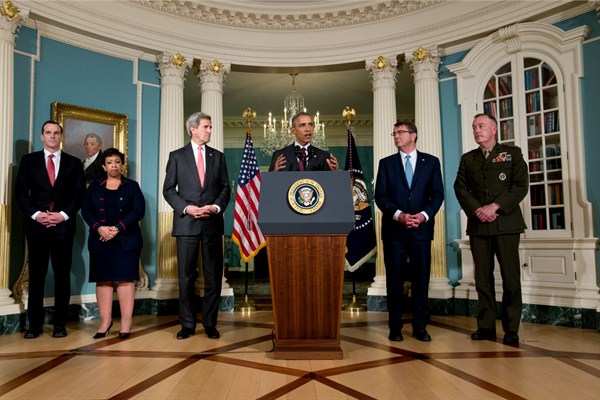In last week’s column, I discussed two of the four enduring challenges that American strategists face: unrealistic expectations and a ponderous system for strategy formulation. This week’s column will take a look at the other two: the American public’s deep belief in “silver bullets,” and impatience.
The American public’s trust in the idea of “silver bullets,” or the existence of a single solution to a complex problem, reflects the ingrained optimism of the American national culture. As children Americans are told that they “can be anything they want” if they try hard enough. While this kind of optimism is demonstrably false, it is etched in America’s collective psyche and shows up in many contexts, including national security policy. There it takes two forms. One is the personification of strategy: Americans believe that no conflict is intractable if they find and empower the right allied leader.
After World War II, for instance, the United States was helping the Philippines consolidate democracy, even as the Philippine government and security forces proved unable to defeat an insurgency allied with the local communist party. At the urging of the United States, Ramon Magsaysay was appointed the Philippine Minister of Defense and later elected president. Magsaysay actually proved to be a successful case of a silver bullet, engineering political, economic and military reforms that undercut public support for insurgents. Washington concluded that the key to counterinsurgency was finding the right leader as a partner.

